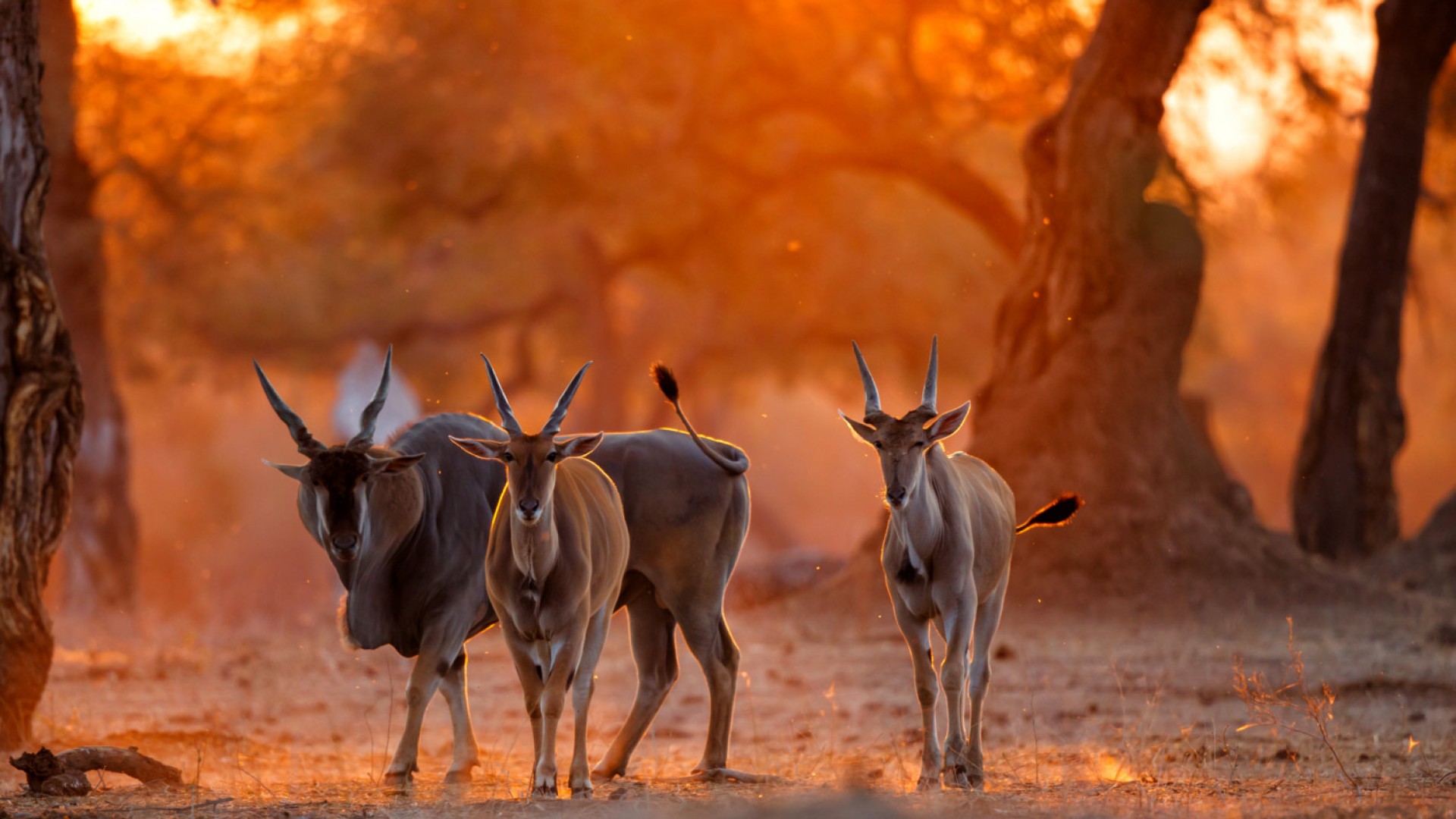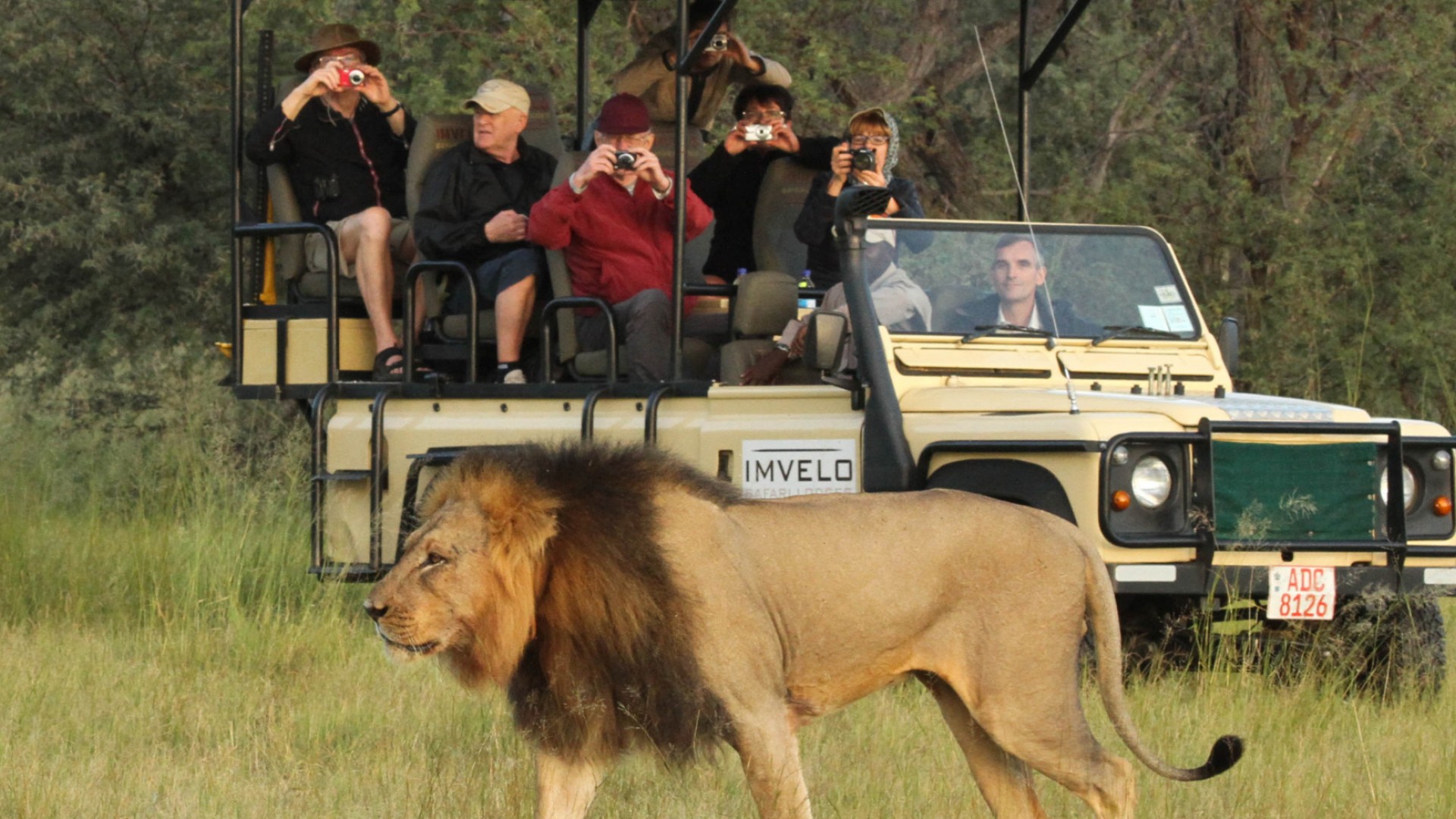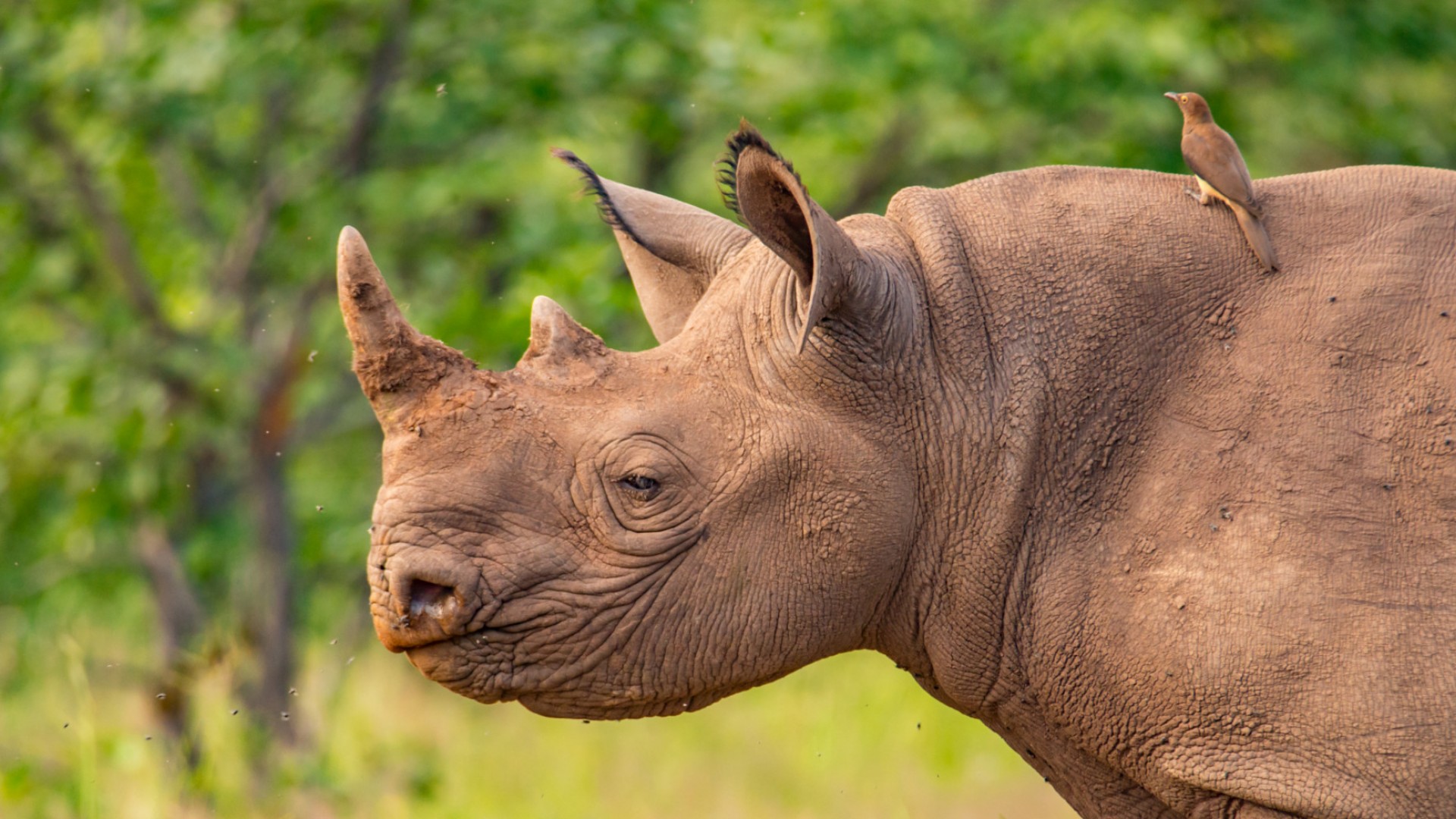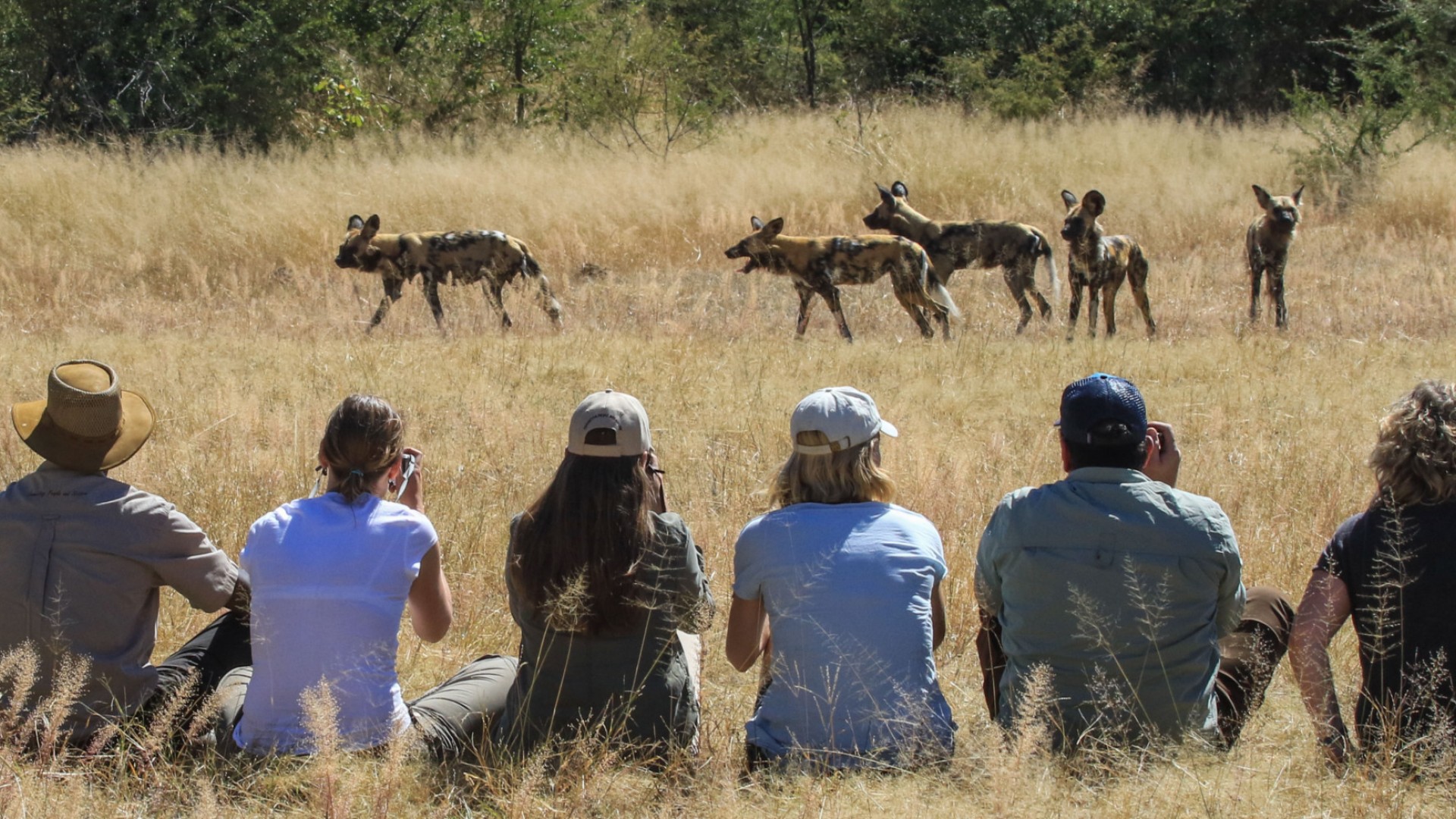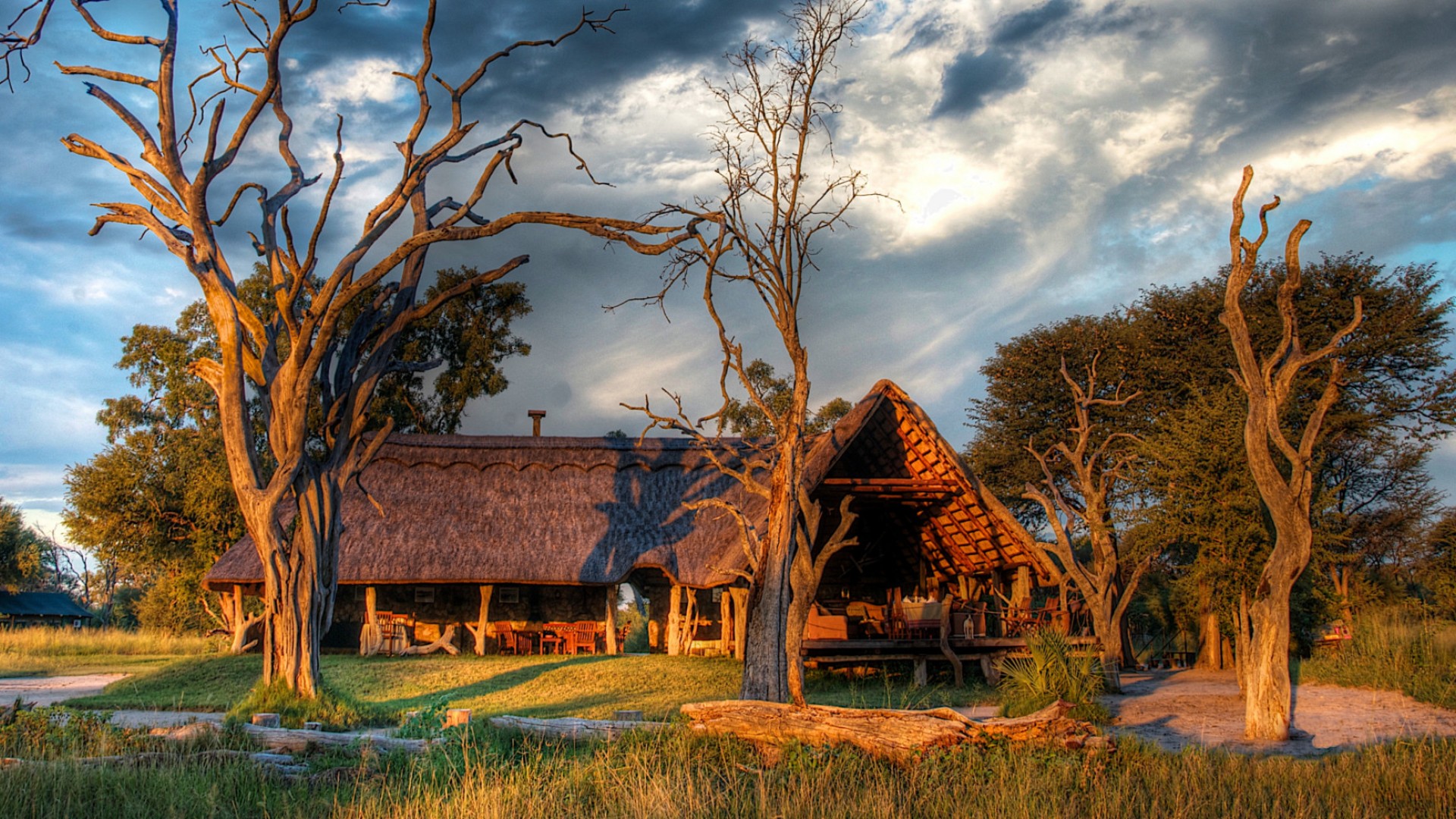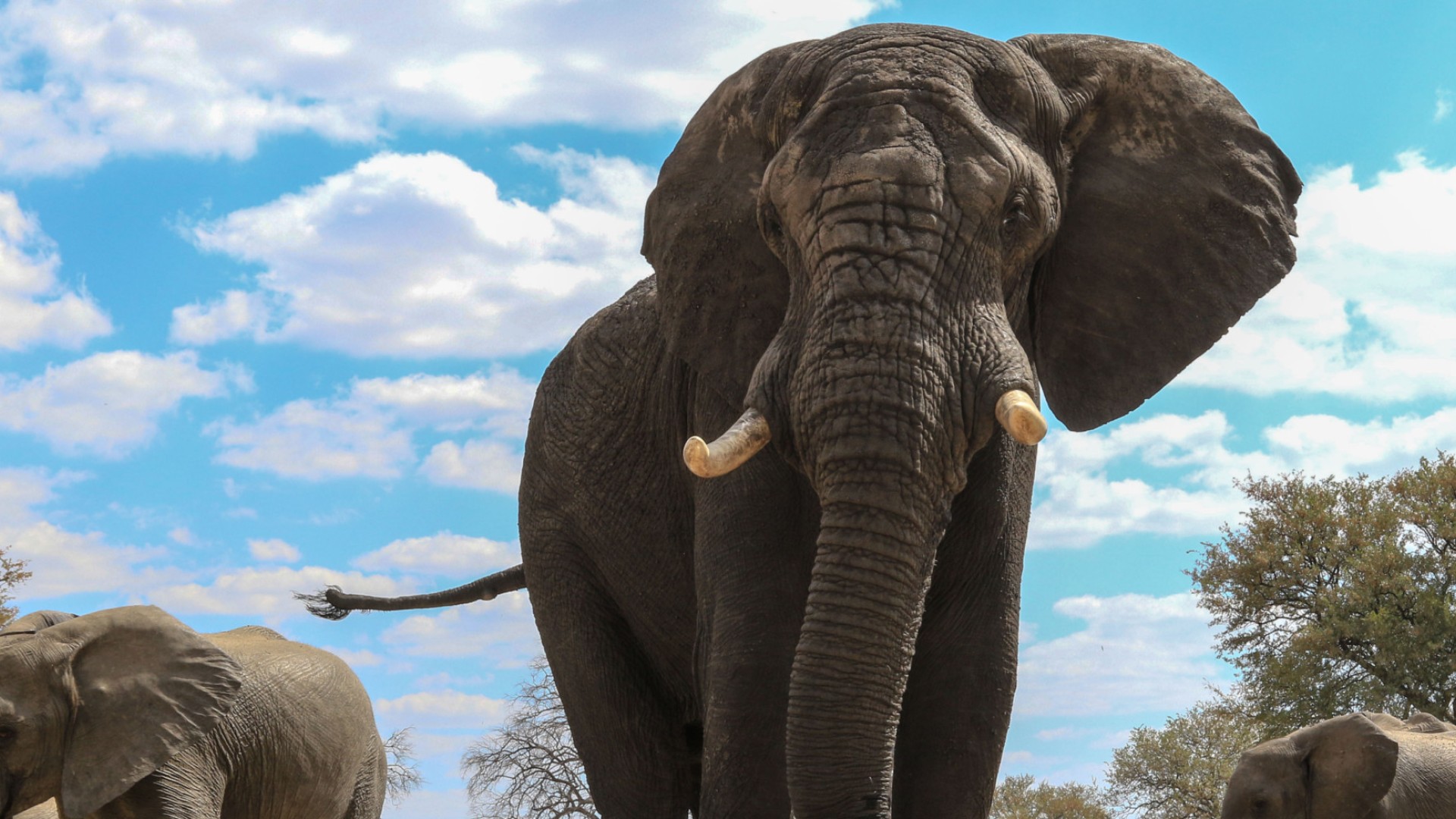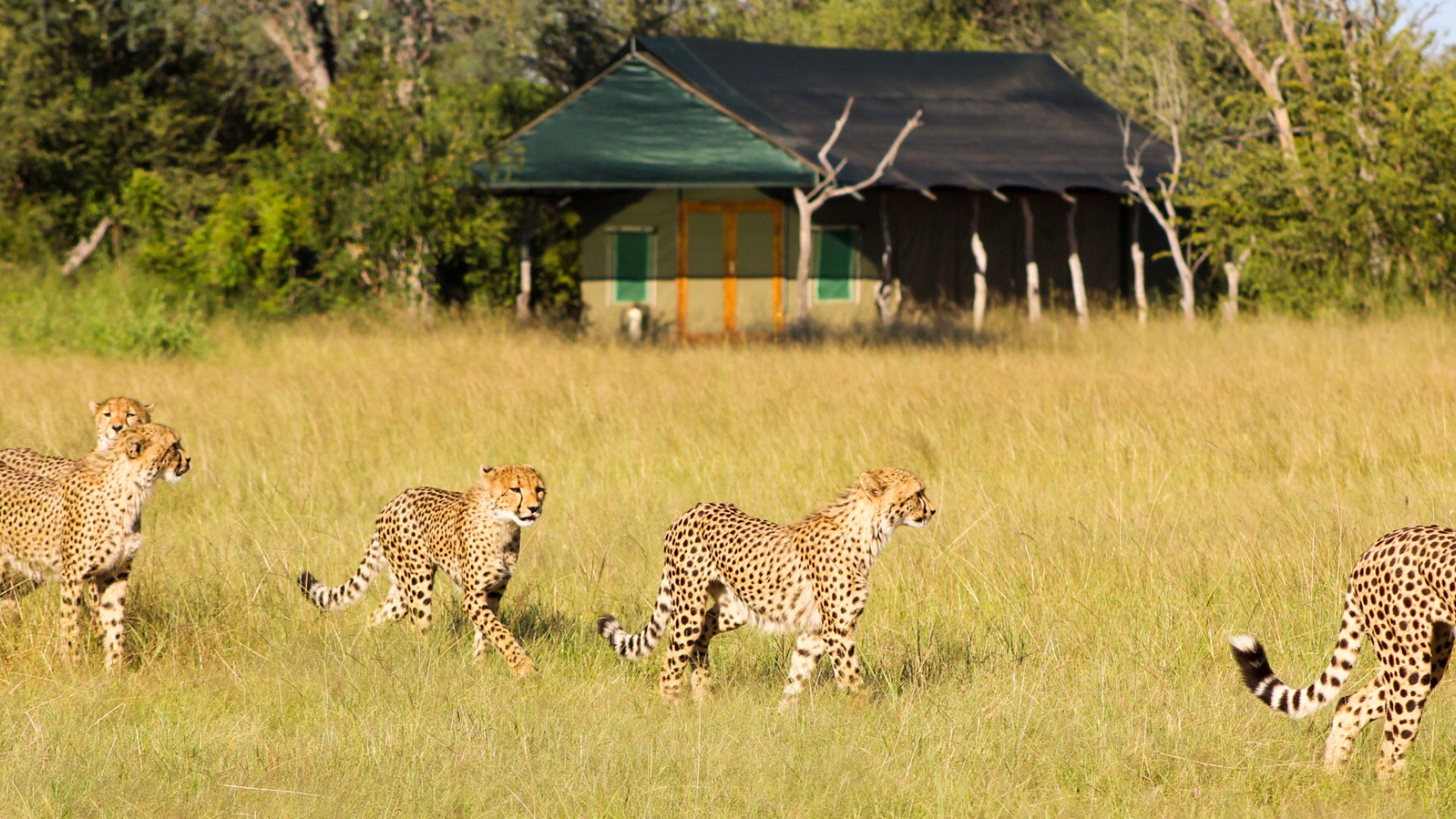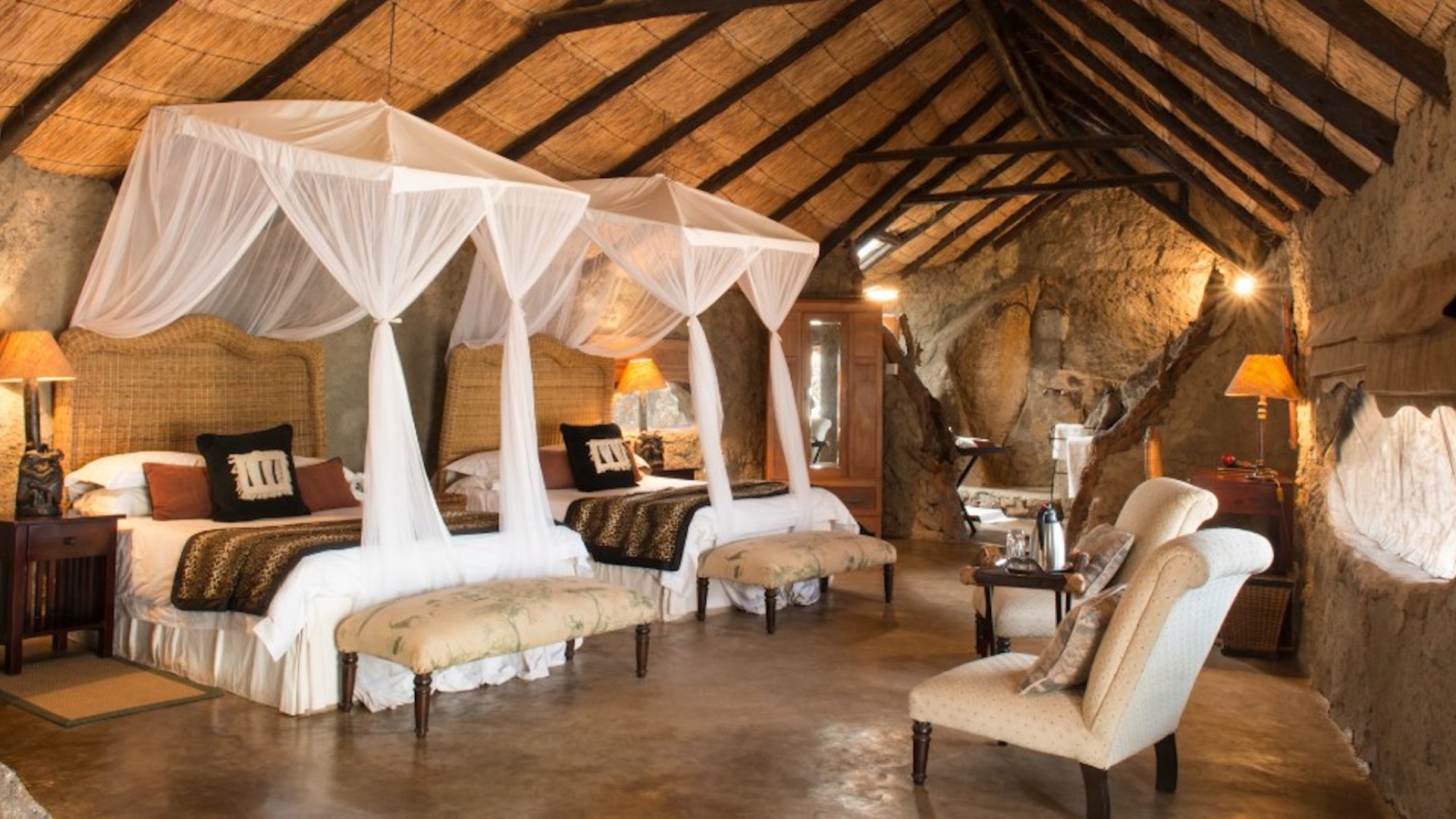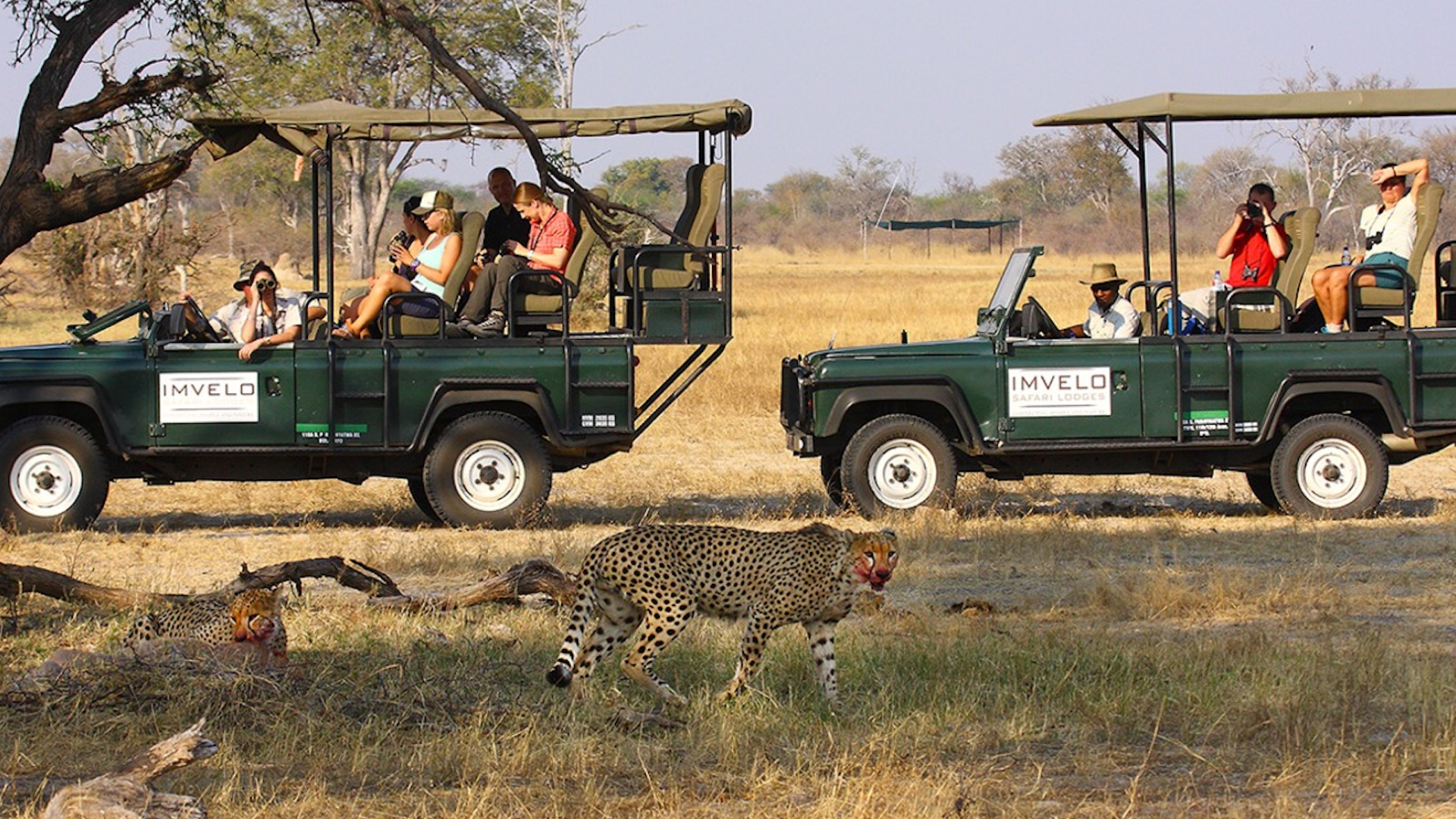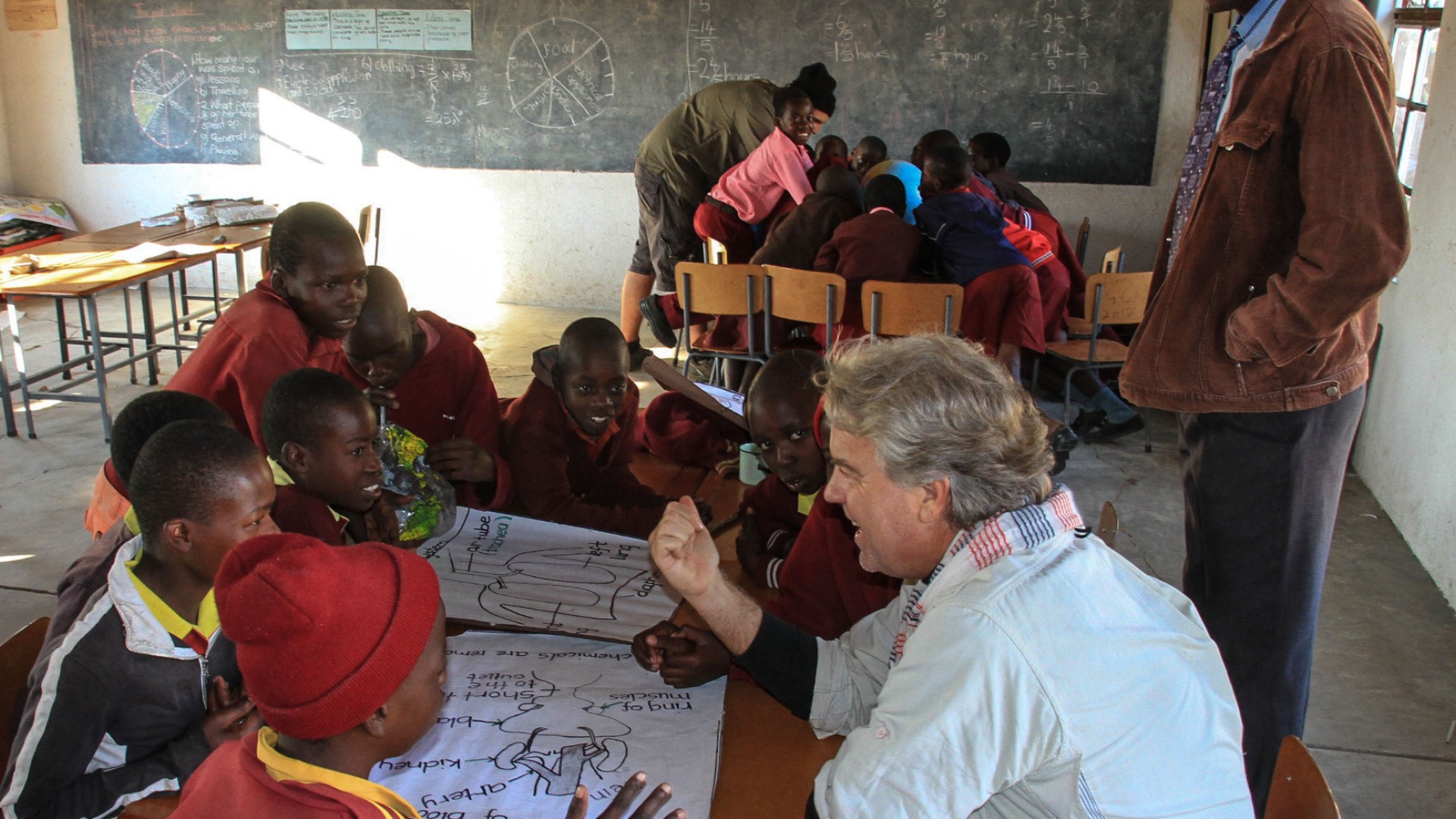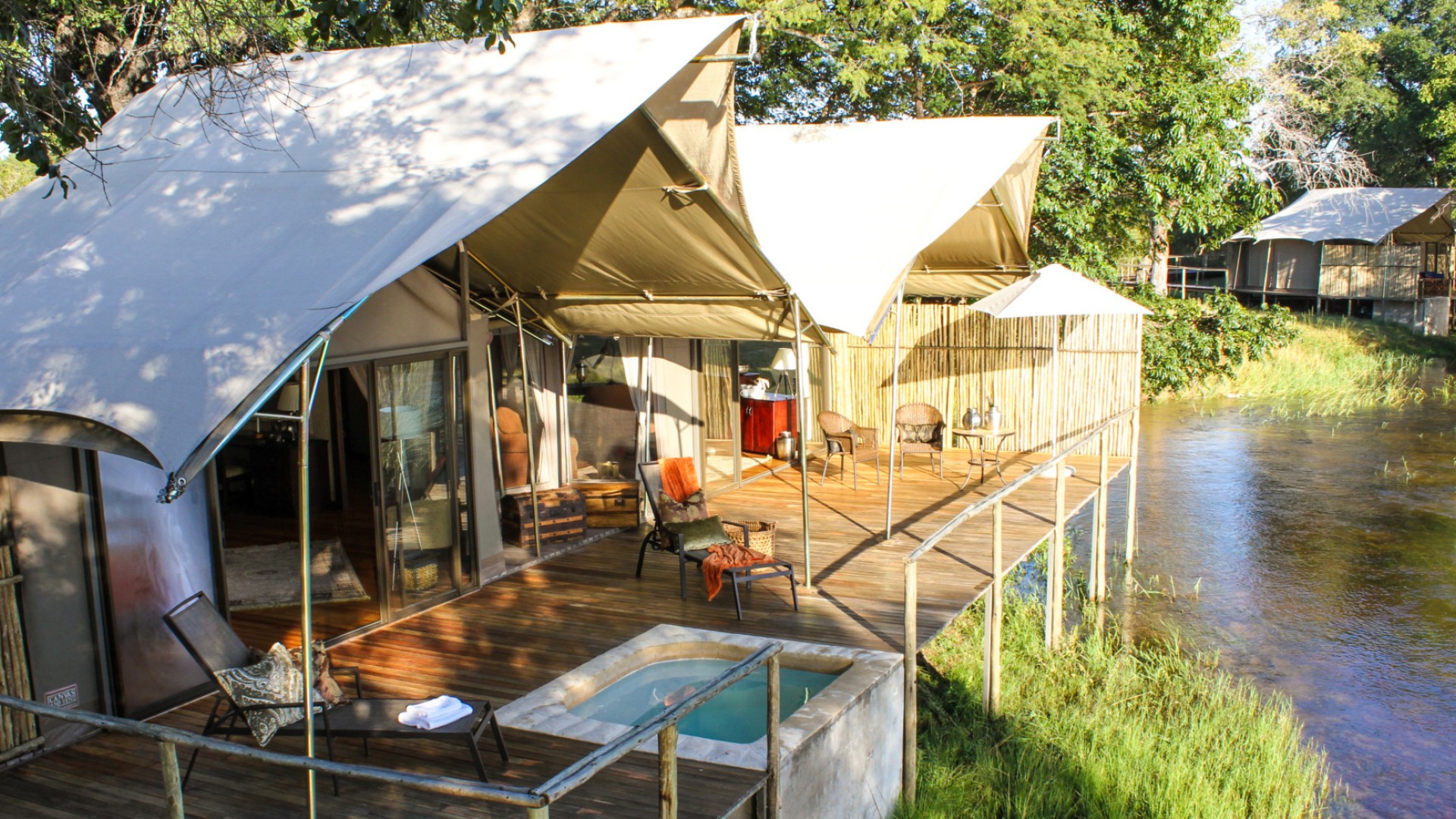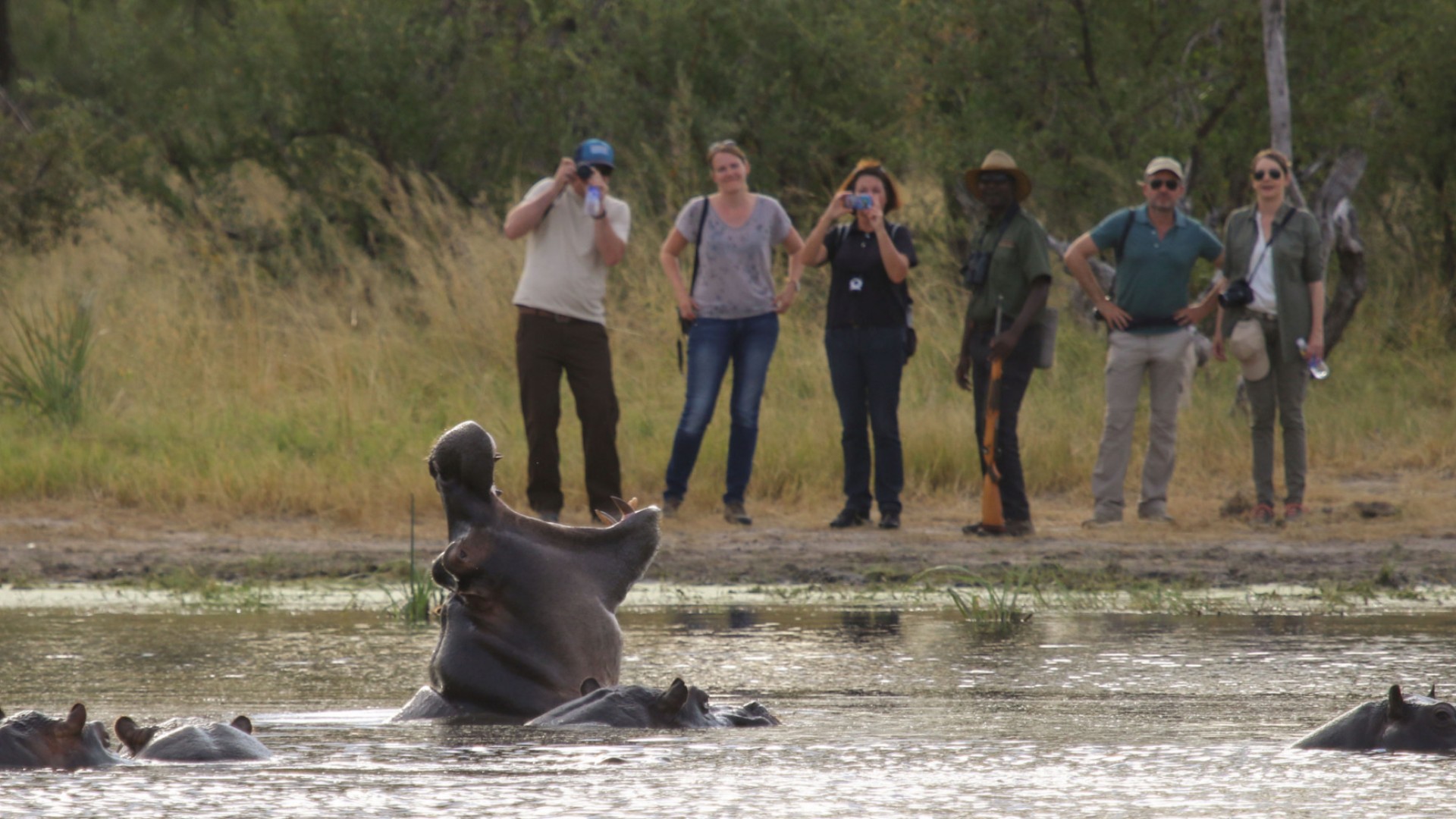Overview
Encompassing stunning wilderness areas, forested sanctuaries, and wildlife-filled savannahs, Zimbabwe is one of Southern Africa’s most spellbinding but often overlooked destinations. It lies landlocked between Mozambique, South Africa, Botswana and Zambia, with which it shares the thundering waters of Victoria Falls.
While Mana Pools and Hwange remain Zimbabwe’s biggest draw cards for wildlife enthusiasts, the country also boasts granitic domes decorated with ancient cave paintings and lakes teeming with birdlife. You can spot leopards in little-visited Matobo National Park and explore the striking landscapes of Gonarezhou National Park, with rustic lodges and camps where wildlife seems within arms reach.
Zimbabwe is a perplexing African treasure. Immaculate wilderness areas, forest sanctuaries, botanical gardens, savannah flatland, and contemporary cities span the country, with approximately 50,000 kilometers protected as wildlife area. Granitic domes contain ancient cave paintings, begging to be discovered. Hwange National Park, the point of origin for big game African safaris, is inhabited by rhino, elephant, and more.
There is much to be discovered on the Zambezi River, and watching the sunset reflect red and orange over the water from your kayak offers a perspective unlike any other. With Adventures Unbound, you actively explore diverse wildlife habitats while creating a authentic, meaningful connection with Zimbabwean culture. The people of Zimbabwe are warm, hospitable, and greet you with a smile! Zimbabwe is welcoming you with open arms…what are you waiting for?
Custom Tours in Zimbabwe
With Adventures Unbound, you can experience the best that Zimbabwe has to offer, whether you want to visit the UNESCO-listed Mana Pools or discover the abundance of wildlife within Hwange National Park. We’ll get you up close to the “Big 5” on guided game drives and safari walks, led by local guides who are passionate about sharing their country.
Working closely with local partners and affiliates in Zimbabwe, let us curate a private tour that reflects your interests and supports the country’s commitment to conservation. All of our Zimbabwe adventures are customized to suit your interests and budget, with some of Africa’s most incredible safari accommodations at your disposal.
To get started, please fill out the form below, or you can learn more by reading some of our most frequently asked questions.
Image & Video Gallery
FAQ's
How do I get to Zimbabwe?
Robert Gabriel Mugabe International Airport near Harare is the main aviation gateway to Zimbabwe and has flights to destinations across Africa and the Middle East. That being said, most tourists arrive via Victoria Falls Airport, which has connecting services from Johannesburg, Cape Town and Nairobi.
Once you arrive at one of Zimbabwe’s airports, private air charters and safari vehicles are the main means of getting to lodges and camps. Zimbabwe’s most popular park, Hwange, is within driving distance of Victoria Falls.
Do I need a visa to visit Zimbabwe?
Visas are required for entry to Zimbabwe, with 30-day tourist visas available to most nationalities on arrival. You need a passport that is valid for at least six months and with at least two free pages for stamps, as well as evidence of your return journey. You may also be required to show proof that you have enough funds for the duration of your trip.
What is the official language of Zimbabwe?
English is one of several official languages in Zimbabwe and can easily be used for getting around. Other official languages include Chewa, Kalanga and Tswana, as well as Nambya, Sotho and Venda. Shona is spoken by more than 70% of the population while Ndebele is spoken by around 20%.
What currency is used in Zimbabwe? Can I use my debit or credit card?
Zimbabwe uses multiple currencies, including the Zimbabwean Dollar and the USD Dollar. South African Rand, Botswana Pula and UK Pounds are also readily accepted at lodges, camps, and tourist restaurants. You can withdraw Zimbabwean Dollars at ATMs, although regular cash shortages can sometimes make this difficult. Major international credit and debit cards are accepted at most tourist businesses.
Can I drink the tap water in Zimbabwe?
The tap water in Zimbabwe is inconsistent and not always safe to drink. But you’ll find bottled mineral water is readily available at most shops and supermarkets, as well as at camps and lodges.
Do I need any vaccinations to visit Zimbabwe?
There are no compulsory vaccinations required to enter Zimbabwe, although it’s recommended that you are protected against Hepatitis A, Polio, and Tetanus. You may also want to discuss with your health provider regarding vaccinations against Hepatitis B, Rabies, and Typhoid. Proof of a yellow fever vaccination is required if you are coming from or have transited through some parts of Africa and South America. Being vaccinated against Covid-19 is also highly recommended.
Is there malaria in Zimbabwe?
There is a risk of malaria in certain parts of Zimbabwe throughout the year, including the Zambezi Valley and Victoria Falls. In other areas, the highest incidences occur from November to June. If you’re visiting the cities of Harare and Bulawayo, the malarial risks here are low.
What type of electrical outlets do they use in Zimbabwe?
Zimbabwe uses Type D (three round pins in a triangular pattern) and Type G (three rectangular pins in a triangular pattern) plugs and operates on a 240V supply voltage and 50Hz.
How can I prepare for a safari tour? What should I pack?
Casual, comfortable garments that are quick drying are a staple of safari travel, with neutral colors such as beige, khaki, or green helping you to blend in with the natural environment. Always pack a couple of long sleeves shirts and long pants that will guard against mosquito bites at night.
Don’t forget to pack a sweater for the chilly early mornings and evenings, plus a lightweight waterproof jacket. Walking shoes with good grip and flip flops/sandals for getting around the camp are the only footwear you’ll need!
In terms of accessories, pack a broad-rimmed hat, sunglasses, and sunscreen, as well as insect repellant and any prescription medication to might need. A pair of binoculars may also come in useful and most guests opt to bring a high-quality camera to document their experiences.
Most importantly, don’t forget your passport and any vaccination records you need, as well as documentation of a comprehensive travel insurance policy.
Can I book a custom safari for my family? What is the minimum age requirement?
All of our private tours are custom-designed, including family safaris. Depending on your interests and preferred destinations, we can tailor an itinerary to suit. The minimum age requirement for children differs depending on the places you want to visit and the activities you want to participate in.
Can you accommodate dietary restrictions?
On all of our custom safaris and private tours, we do our best to accommodate dietary restrictions, provided we have prior knowledge. That being said, in some remote areas, particular ingredients may be difficult to find and suitable alternatives will be sought.
What are the accommodations like?
Our accommodation options range from basic camping to glamping at upmarket safari camps, as well as family-focused resorts and high-end lodges. In some destinations, we can also create itineraries staying at private villas, complete with in-house staff. Glamping tents are among the most popular of our accommodation options as they immerse you in the wilderness environment while keeping bugs and wildlife out.


